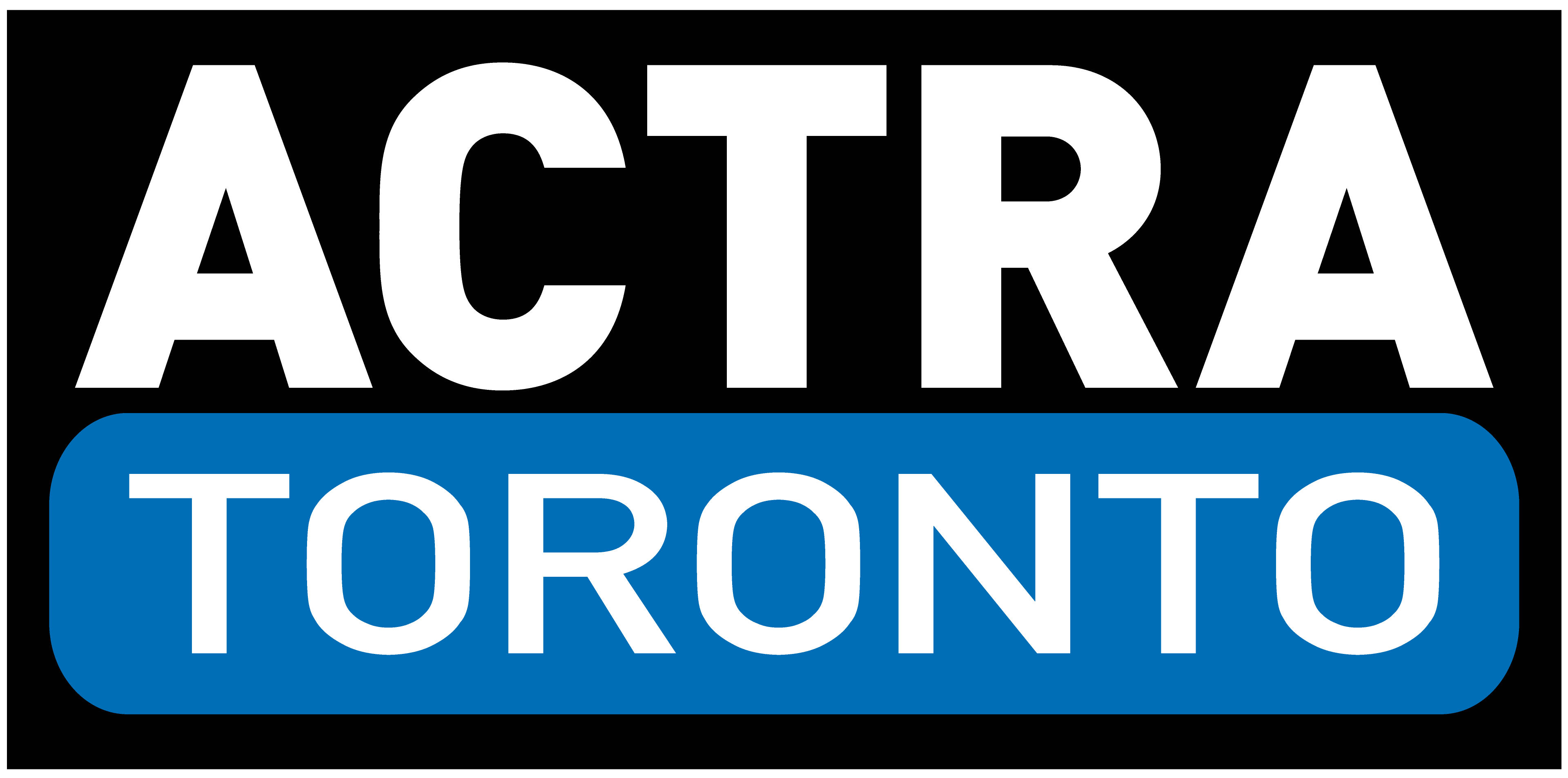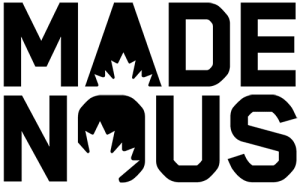ACTRA Toronto advocates for programs, regulations and policies that:
- Celebrate our identity;
- Encourage audiovisual production in all genres;
- Build a stronger film, television, digital media and videogame industry; and
- Expand work opportunities for Canadian performers.
Underlying our efforts is a strong belief that the policies and programs for which we advocate are in the broader public interest. A strong domestic production, distribution and exhibition system is absolutely vital to Canadian culture and our sovereignty as a nation.
The film, television and digital media industry plays a significant role in nurturing, developing and celebrating Canada and Ontario’s culture. A strong industry allows Canadians and Indigenous Peoples of Canada to tell their own stories, see themselves reflected on our screens and develop their own sense of identity.
ACTRA Toronto’s work is essential, not only to performers, but to our economy and our society. Arts and culture are big business in Ontario. For film and television facts, click here.
Initiatives
- Innovation, Science and Economic Development Canada: Consultation on Copyright in the Age of Generative Artificial Intelligence (January 15, 2024)
- Standing Committee on Finance: 2023 Pre-Budget Submission (October 2022)
- Standing Committee on Canadian Heritage: Bill C-11, the Online Streaming Act (May 2022)
- Departments of Canadian Heritage and Innovation, Science and Industry: Consultation on a Modern Copyright Framework for Artificial Intelligence and the Internet of Things (September 2021)
- Departments of Canadian Heritage and Innovation, Science and Industry: Consultation on a Modern Copyright Framework for Online Intermediaries (May 2021)
- Telefilm Canada consultation: 2020 Corporate Plan (July 20, 2020)
Watch Us!
Canada is home to award-winning television, movies and special effects that have captured global audiences and swept box offices worldwide.
MADE | NOUS celebrates the works of Canadian creators in film, television, videogames and digital entertainment, both here and around the world, by shining a spotlight on the achievements of Canadians who bring exceptional stories to life, and encourages audiences to discover and celebrate their work.
MADE | NOUS is the result of a collaborative effort between key entertainment industry players such as the Canada Media Fund (CMF) and Telefilm Canada as well as an additional 30—and growing—industry partners. For more information, visit made-nous.ca.
Status of the Artist
Status of the Artist (SAA) describes a category of legislation and other public policies directed at improving the economic and social status of professional artists. The concept has two components:
- The important role artists play in every human society should be acknowledged.
- Government legislation and programs (both federal and provincial) should encourage creative expression and ensure equitable treatment for artists by responding to the atypical manner in which they work.
Specifically, SAA legislation attempts to place artists on an equal footing with other professionals in the labour market and to earn a more equitable share of the profits on their work within the public art economy. As a result, SAA legislation has significant implications on labour law, contract law, copyright law, etc.
Learn more about Status of the Artist and its impact on performers working in Canada:
Status of the Artist was first used in a process launched by the United Nations Educational, Scientific and Cultural Organization (UNESCO) that culminated in 1980 when the General Conference adopted the Recommendation concerning the Status of the Artist.
The 1980 Recommendation is comprehensive in its survey of issues and contains substantive recommendations of concrete actions governments can take to support artists, including:
- Employment, working and living conditions of artists.
- Recognition of the rights of their professional and union organizations.
- Social status, including measures to ensure equivalent status to other workers in areas, such as health and insurance.
- Protection of freedom of expression and protection of intellectual property rights.
- The education and training of artists.
- The importance of arts education.
- Measures related to income, support during periods of unemployment, and retirement issues.
The enactment of the federal Status of the Artist Act was proclaimed into law in June 1992 and came into force in May 1995. Part I of the Act outlines important principles recognizing the contributions of artists and Part II establishes a legal framework to govern the relations between associations, guilds and unions representing professional self‐employed artists and producers operating in the federal jurisdiction.
The Canadian Artists and Producers Professional Relations Tribunal (CAPPRT) is responsible for executing Part II of the Act by certifying artists’ associations, which gives these associations (for example, ACTRA) the exclusive right to represent self‐employed artists in a specific sector with respect to collective bargaining and their relations with producers. The Act itself establishes rights and obligations of these certified associations, including rules for bargaining, use of pressure tactics and minimum standards for the agreements.
Provincial Status of the Artist legislation has been passed in Quebec (1987), Ontario (2007), Saskatchewan (2010) and Nova Scotia (2012). Though, in Ontario, the legislation is considered so general in scope that it is not terribly effective at protecting and supporting artists’ careers in real terms.
ACTRA has a long history of advocating for stronger Status of the Artist legislation in Canada, both on a federal and provincial level. Key priorities are outlined below:
Federal
- Employment Insurance legislation reform
- Tax fairness
- Copyright legislation reform
Provincial
- Labour law
- Child performers legislation
Our Partners
ACTRA Toronto is committed to working for dignity and respect for all workers. ACTRA is a member of the International Federation of Actors (FIA); is affiliated to the Canadian Labour Congress (CLC); and has a strategic alliance with the United Steelworkers (USW).
To find out Who’s Who of unions, associations and guilds in Ontario’s film, television and digital interactive/games sector, visit our Creative Partners page to learn more about their work in Toronto.

